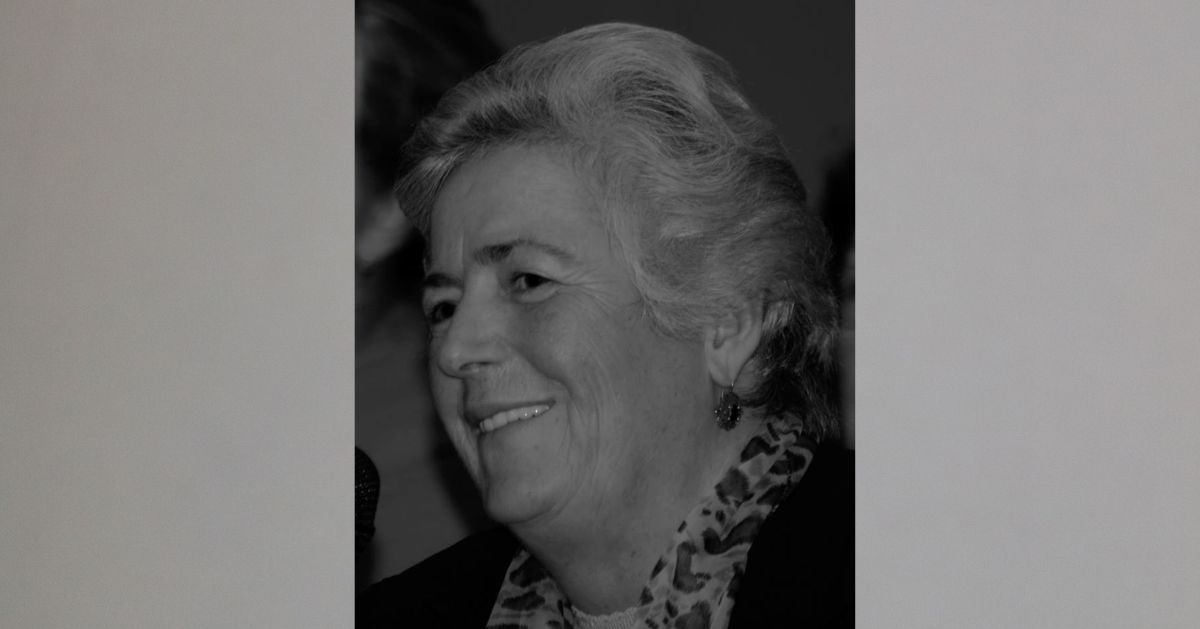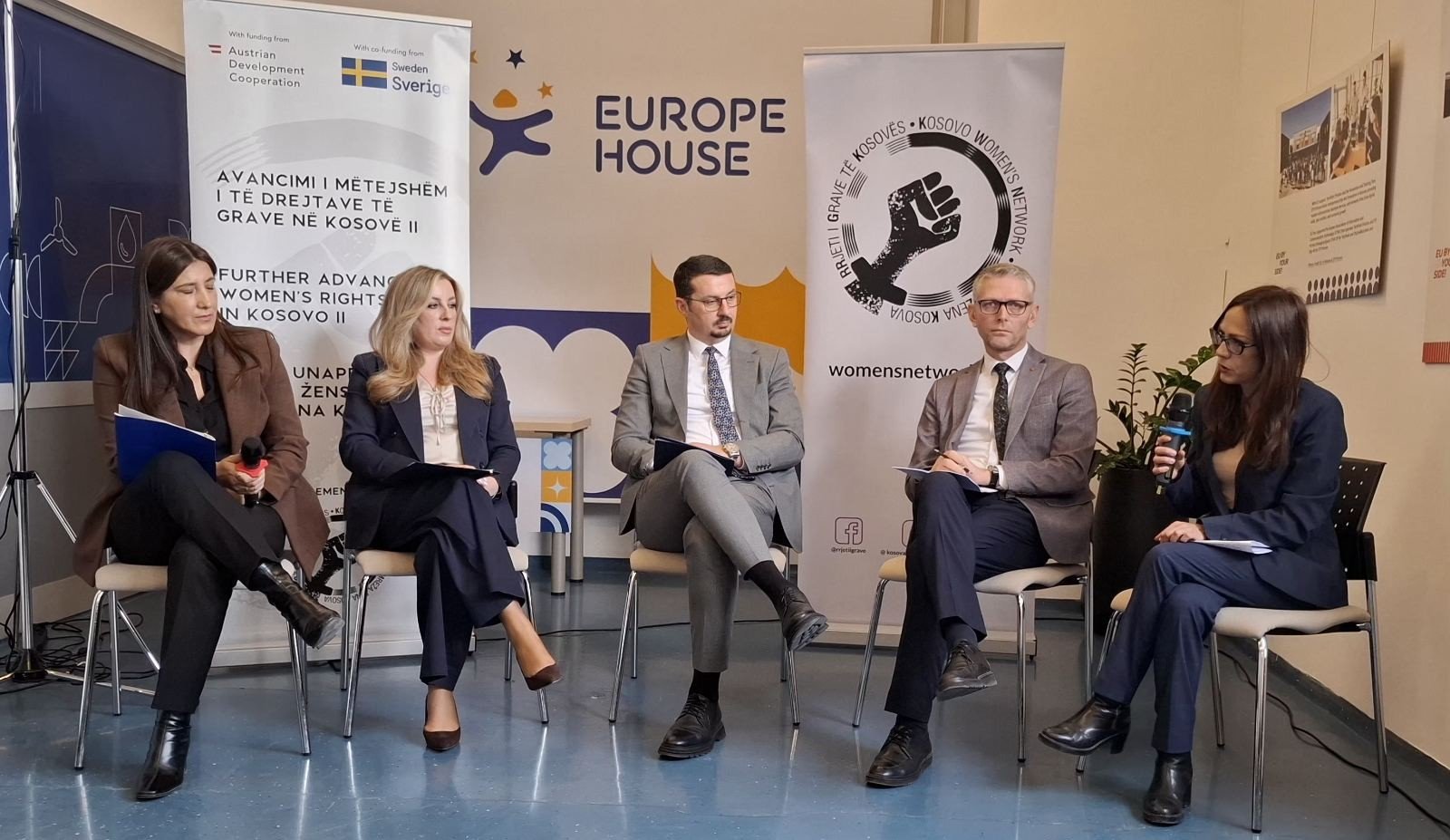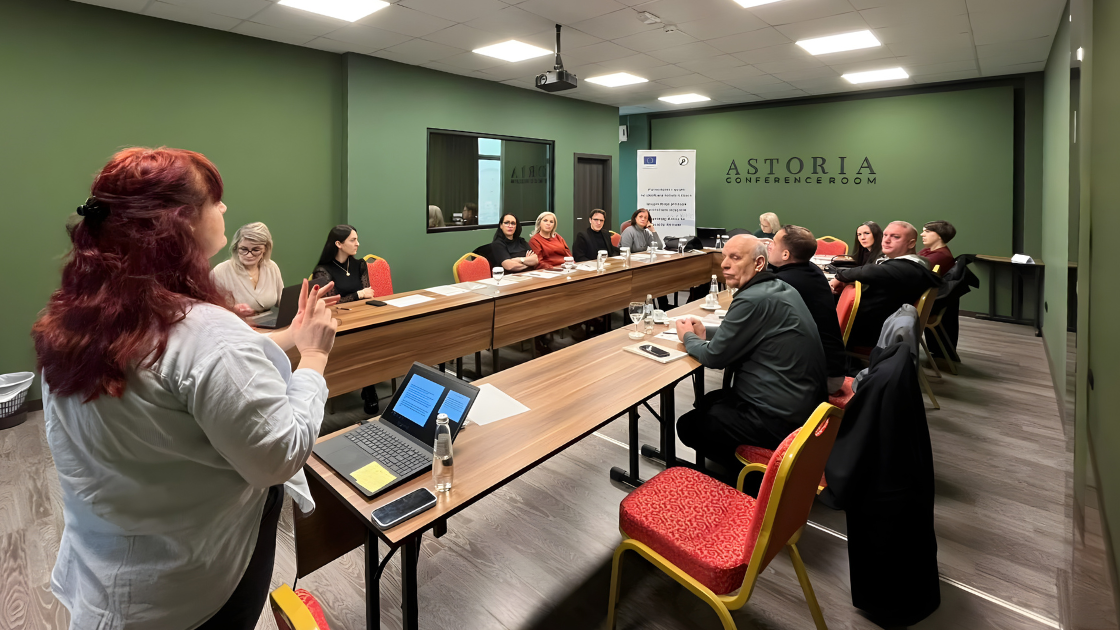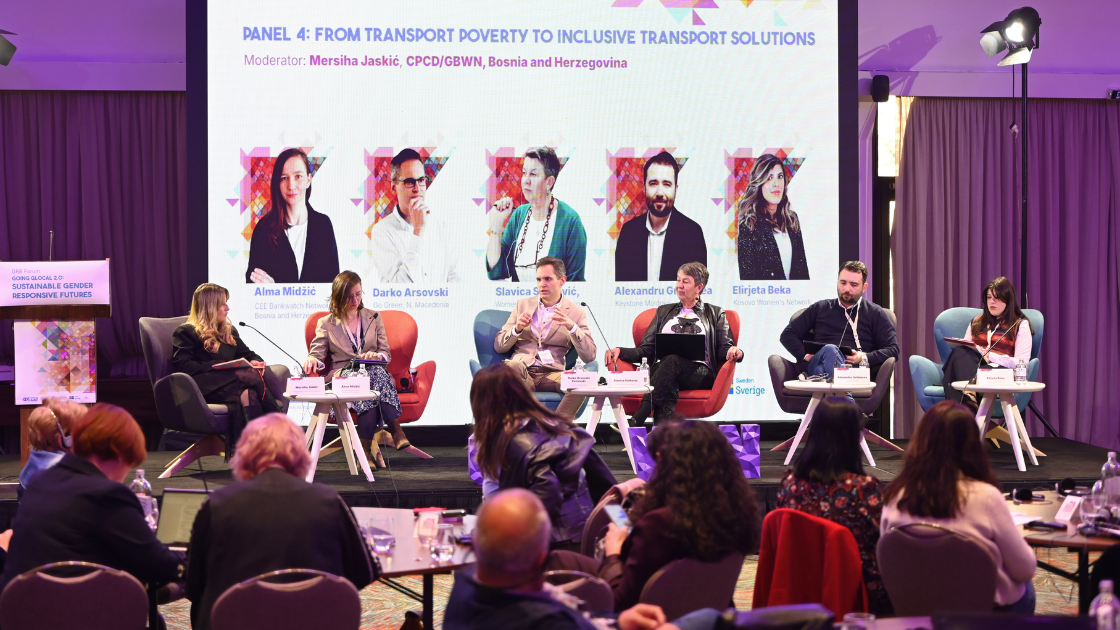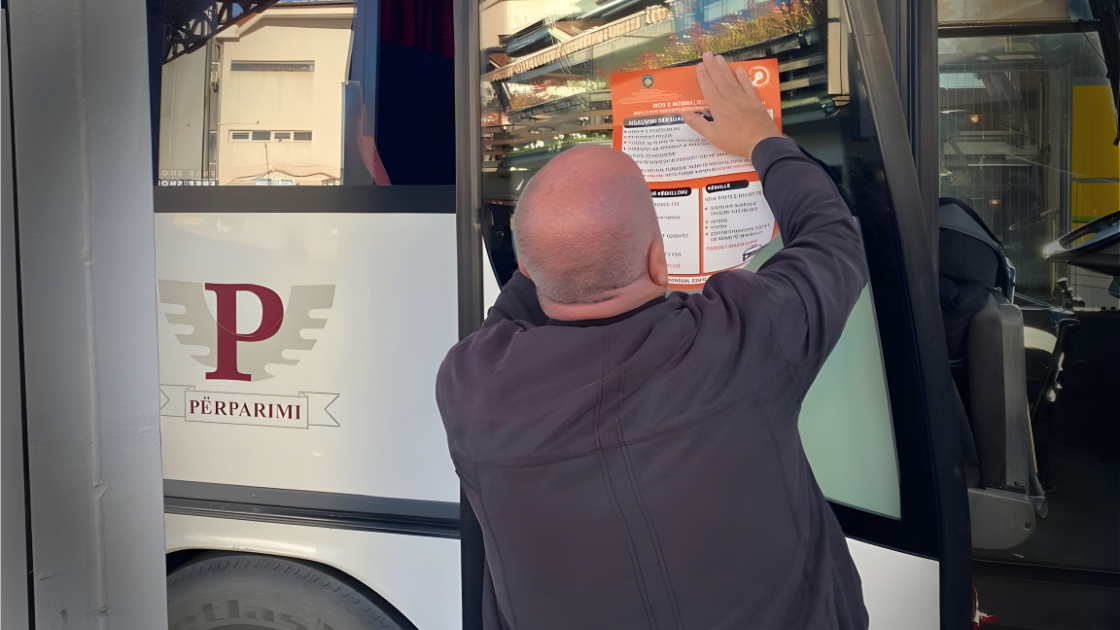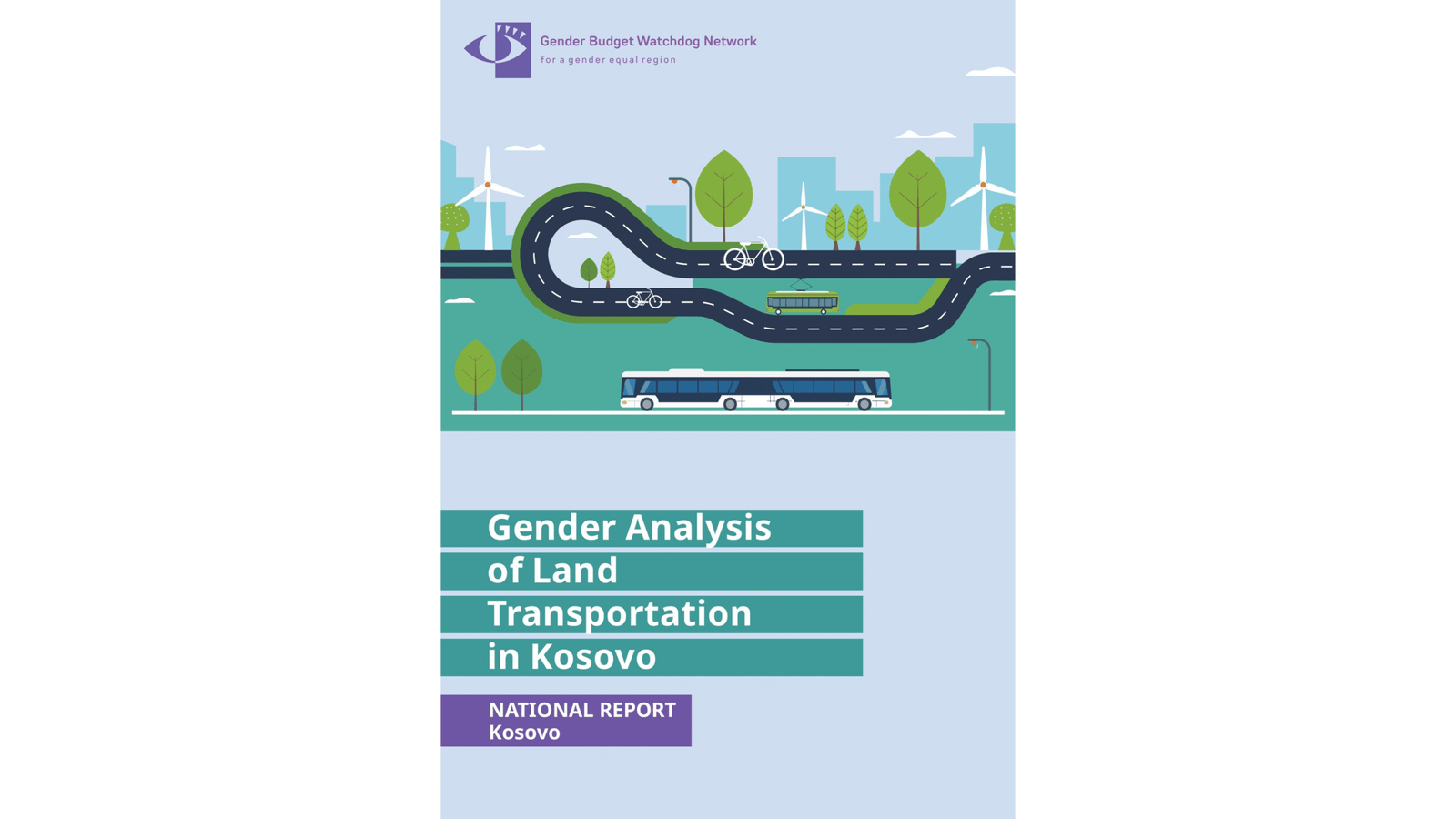“I am very satisfied with the work and success I have had in helping retired women.”
These were the words of Ajshe Nuhiu, an unstoppable woman always ready to work to offer other women opportunities and space for their rights.
Mrs. Ajshe is known as the woman who paved the way for retired women, a category almost completely forgotten by the state.
This humanist woman who never got tired founded the association Vita-Jeta, whose mission was the empowerment and emancipation of women pensioners, offering them psychosocial support, rehabilitation, and health protection.
Over the years, Mrs. Ajshe, with her tireless work, managed to increase the number of members of the association initially by hundreds, while over the years it reached thousands of women members.
She enriched their lives with various activities, lectures, and important topics for retired women, especially in the field of justice and human rights.
Thanks to the commitment and advocacy of Mrs. Ajshe, together with the staff of the organization, many women won free medical visits for the disease of osteoporosis, being supported by the Kosovo Women’s Fund of Kosovo Women’s Network (KWN). She considers this disease a silent killer, which attacks many women, especially in the third age.
Osteoporosis is a disease that gradually weakens the bones, leading to pain and breakage. Therefore, she has gathered women several times, making them aware of this and other diseases so that retired women can enjoy full health and active life.
“Hundreds of women, hundreds of times have congratulated our mother for her socio-psychological contribution that she gave to them,” said Arbër Nuhiu, Mrs Ajshe’s son.
Today some of her friends, and members of the organization, remember Mrs. Ajshe always with kind words.
Binaze Visoka, one of the members of the Vita-Life organization, said: “Ajshe made it possible for us, together as members, to walk and visit beautiful places so that we feel happy. She set medical appointments for us and gave us medical advice to take care of and ensure good health.”
Meanwhile, Sabrije Nimani said about Mrs. Ajshe that: “Writing about a person like Mrs. Ajshe is quite difficult because she still lives with us in our everyday life. My membership in the association where she was president made me overcome many difficulties and helped me to make friends who I now consider a very precious part of my life.”
The work started by Mrs. Ajshe through the organization Vita-Jeta continues today, where retired women are active and continue to benefit from various activities. Vita-Jeta continues to be a member of the Kosovo Women’s Network, while the staff of KWN had the honor and pleasure of having a member like Ajshe Nuhiu, and they are happy that her work continues to shine.
Ajshe Nuhiu was born in 1945 and passed away in 2015.

